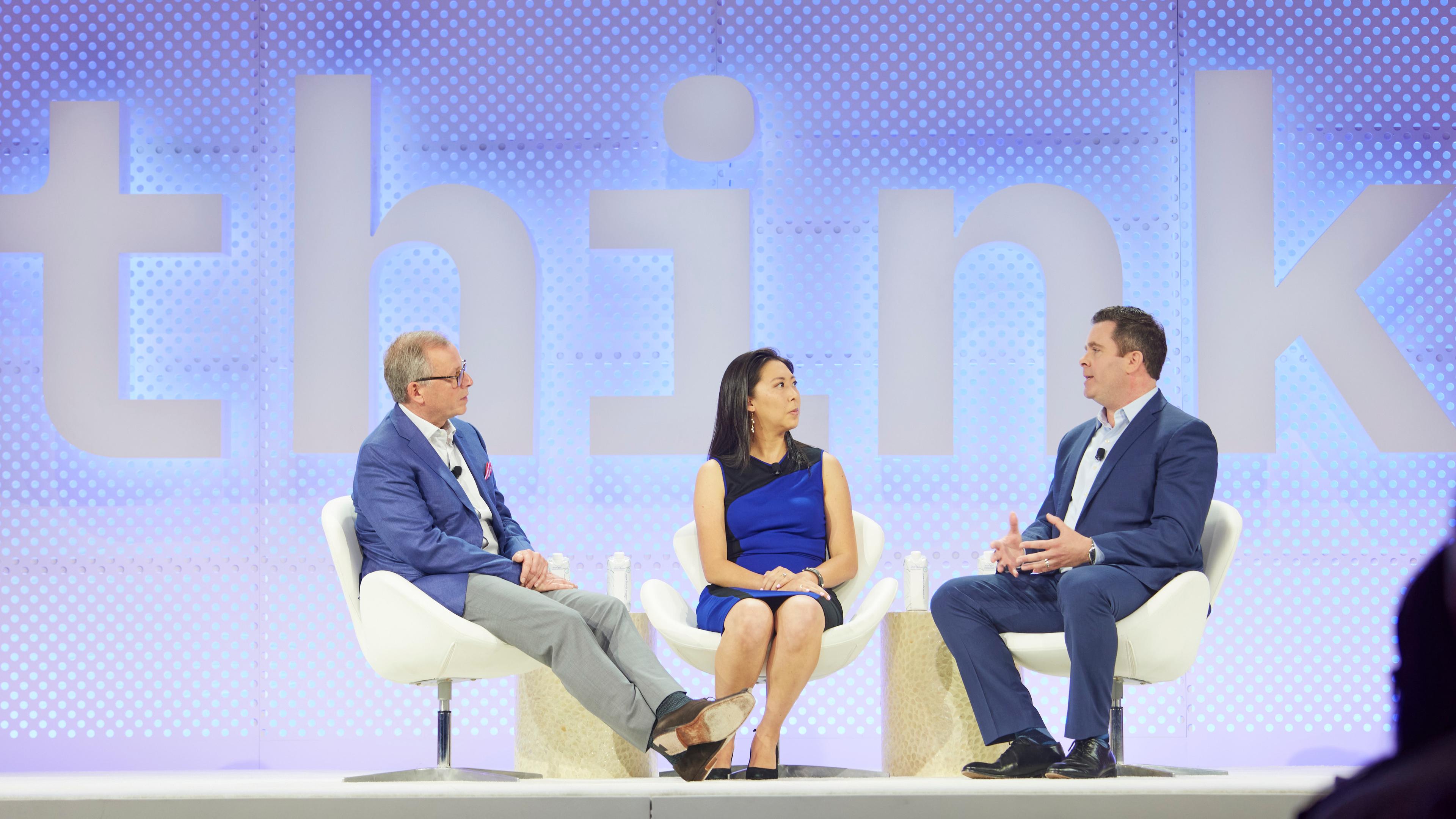Disponible en anglais seulement
Michael Torrance recently participated in a panel at the IBM THINK Conference to discuss sustainability and the role financial institutions play in creating a sustainable future.
In this episode:
We can think about sustainability as how companies navigate very complex social expectations which converge around environmental impact, social impact governance and how businesses maintain trust
Over the last 15 years, these social expectations have been standardized for how companies can manage sustainability in their business practices
More recently, there has been an evolution in how we regulate and measure sustainability practices
Sustainability Leaders podcast is live on all major channels including Apple and Spotify.
